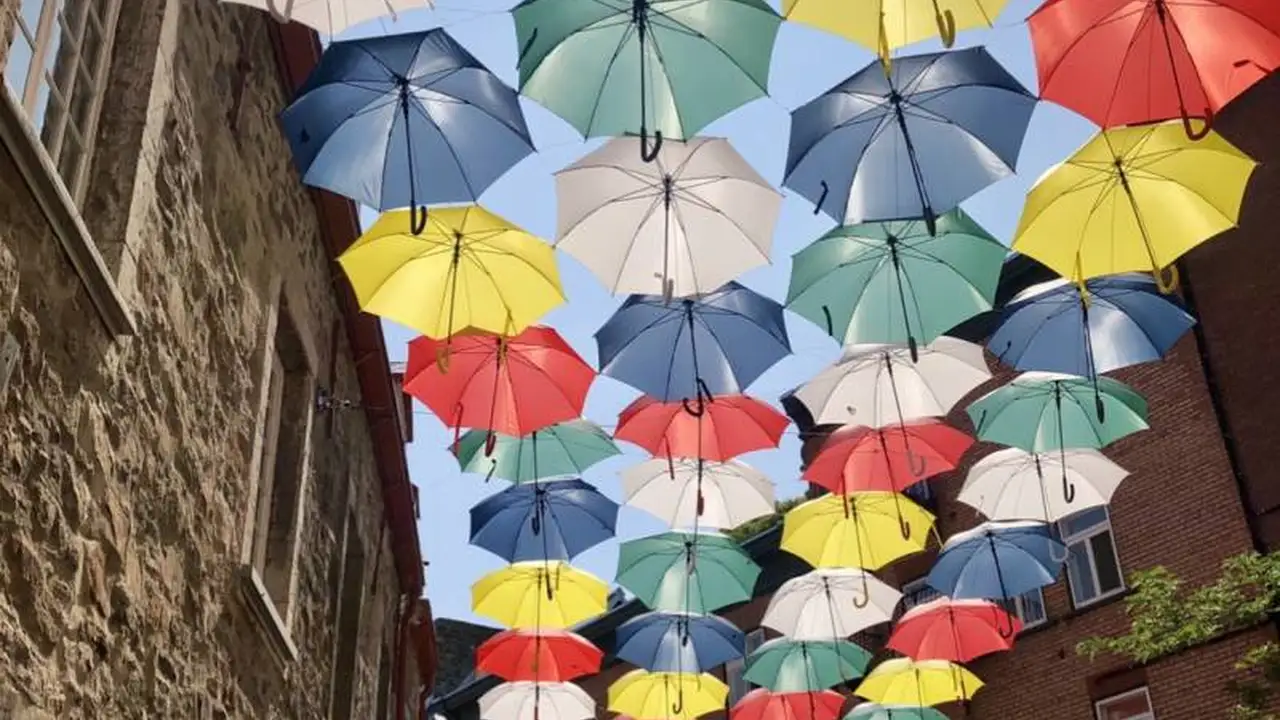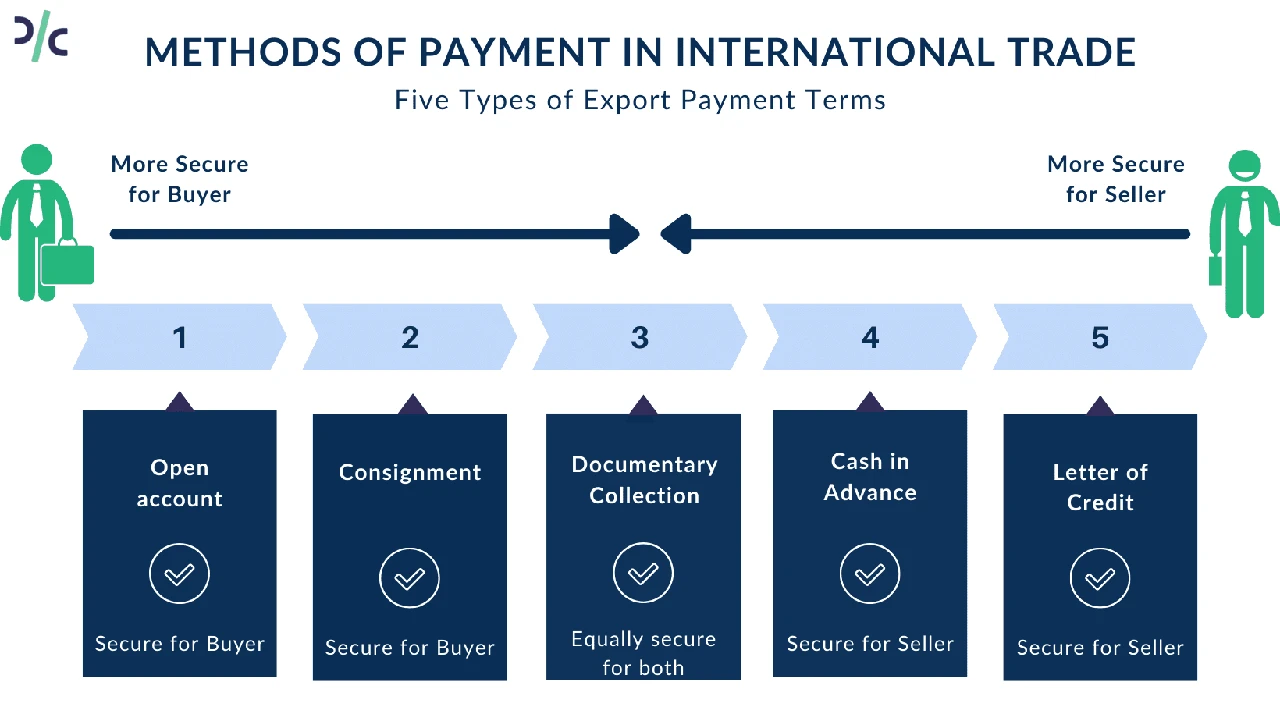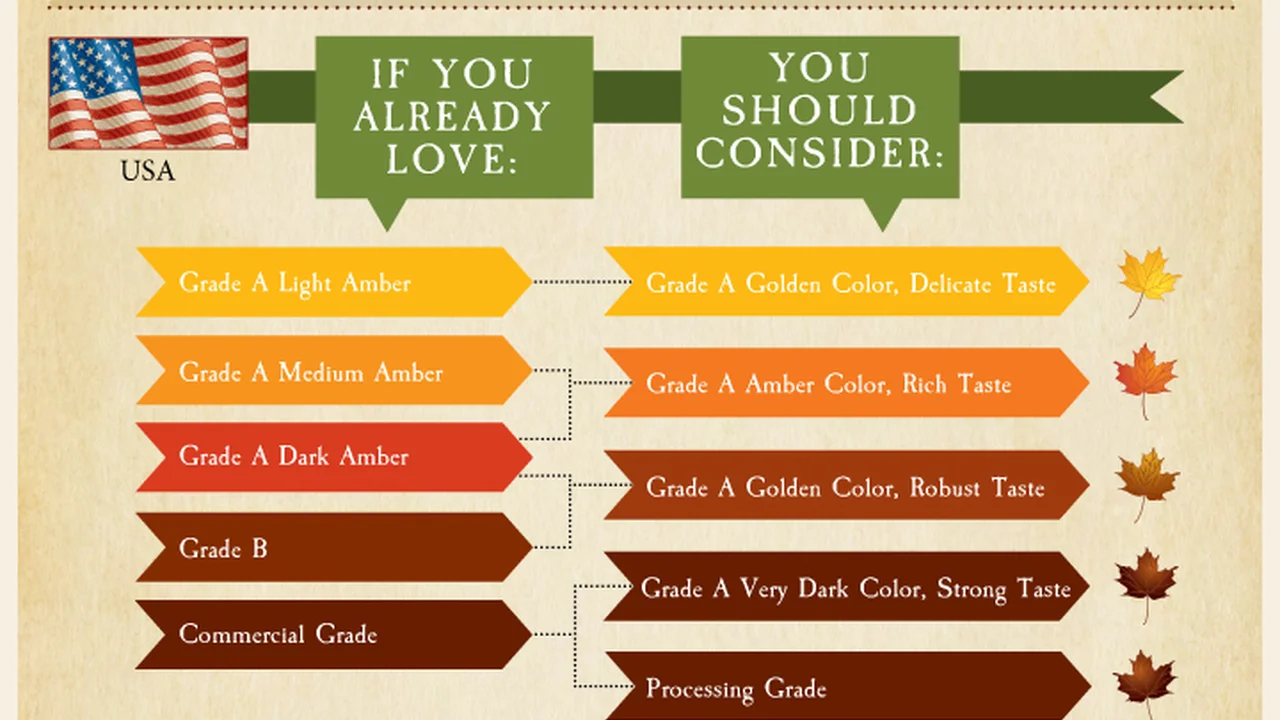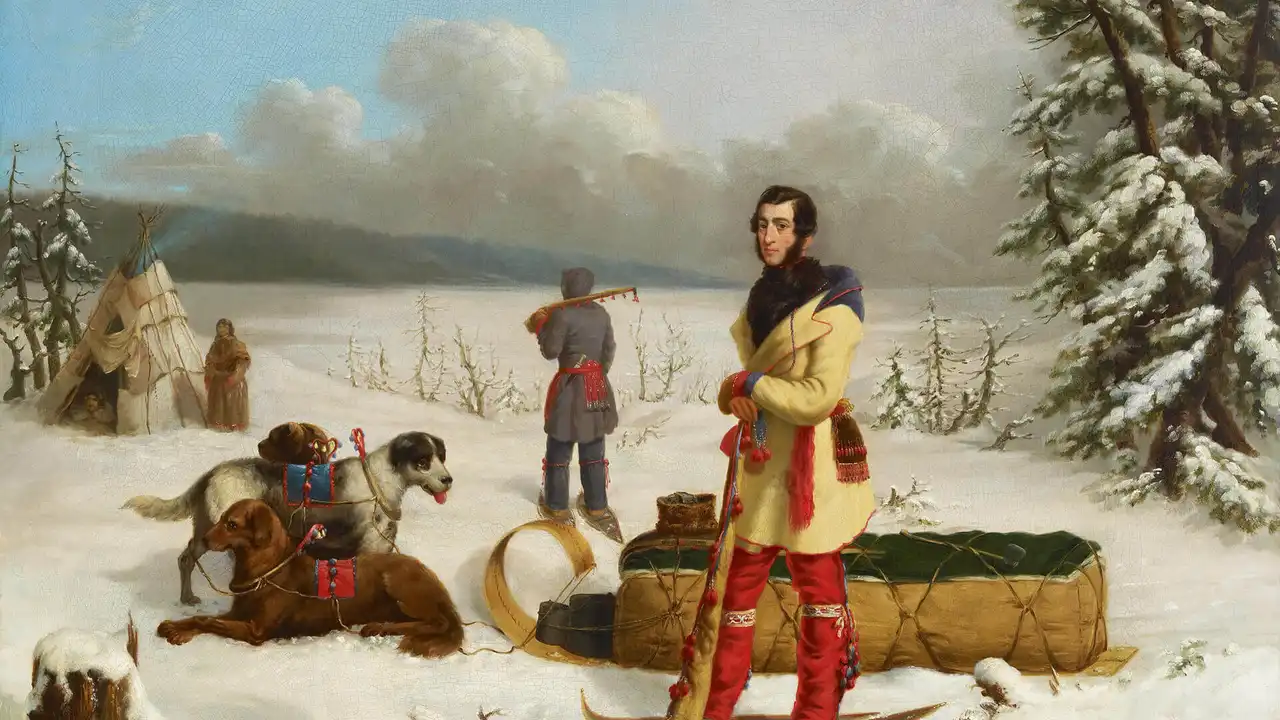Quebec's Charm: A Guide to French-Canadian Culture
Discover the charm of Quebec This guide explores French-Canadian culture From Montreal to Quebec City immerse yourself in history and traditions Plan your Quebec getaway

Exploring Quebec Citys Historical Charm and Cultural Significance
Quebec City, a UNESCO World Heritage site, is a living testament to French-Canadian history and culture. Its cobblestone streets, fortified walls, and European architecture transport you back in time. For American tourists, it offers a unique blend of European charm and North American accessibility. But beyond the picturesque scenery, what makes Quebec City truly special?
First, consider the historical significance. Quebec City was founded in 1608 by Samuel de Champlain, making it one of the oldest European settlements in North America. The city played a crucial role in the French and British colonial struggles, and its fortifications are among the best-preserved in North America. Walk along the ramparts and imagine the battles that shaped the city's destiny.
Culturally, Quebec City is a bastion of French language and traditions. While English is widely spoken, immersing yourself in the French language is a rewarding experience. Try ordering your coffee in French ("un café, s'il vous plaît") or asking for directions ("Où est...?"). The locals will appreciate the effort, and you'll gain a deeper understanding of the city's cultural identity.
Key attractions include:
- Old Quebec (Vieux-Québec): The heart of the city, with its charming streets, shops, and restaurants.
- Citadelle of Quebec: A star-shaped fortress overlooking the city, offering stunning views.
- Plains of Abraham: A historic battlefield where the British defeated the French in 1759.
- Château Frontenac: An iconic hotel that dominates the city skyline.
For American tourists, Quebec City offers a unique cultural experience that's both familiar and foreign. It's a chance to step back in time, immerse yourself in French culture, and explore a city that has played a pivotal role in North American history.
Montreal A Modern Metropolis with a French Twist Exploring Montreal Attractions
Montreal, Quebec's largest city, is a vibrant metropolis that seamlessly blends French and English cultures. Unlike the more historically focused Quebec City, Montreal offers a modern, cosmopolitan experience with a distinct European flair. For American tourists, Montreal provides a taste of international travel without the jet lag.
Montreal's bilingual nature is one of its defining characteristics. While French is the official language, English is widely spoken, making it easy for American tourists to navigate the city. However, like in Quebec City, attempting to speak French is always appreciated and enhances the cultural experience.
Montreal's cultural scene is thriving, with world-class museums, art galleries, and music festivals. The city is known for its vibrant nightlife and diverse culinary scene. From traditional French cuisine to innovative fusion dishes, Montreal offers something for every palate.
Must-see attractions in Montreal include:
- Old Montreal (Vieux-Montréal): A historic district with cobblestone streets, shops, and restaurants.
- Mount Royal Park: A sprawling park offering stunning views of the city.
- Montreal Museum of Fine Arts: One of Canada's leading art museums.
- Underground City (RÉSO): A network of underground tunnels connecting shops, restaurants, and metro stations.
- Jean-Talon Market: One of North America's largest farmers markets.
Montreal is also known for its festivals, including the Montreal International Jazz Festival, Just For Laughs comedy festival, and Osheaga music festival. These events draw visitors from around the world and add to the city's vibrant atmosphere.
For American tourists, Montreal offers a dynamic and diverse cultural experience. It's a city where you can explore historic neighborhoods, indulge in world-class cuisine, and immerse yourself in a vibrant arts scene. Montreal is a must-visit destination for anyone looking for a taste of European culture in North America.
French Canadian Cuisine A Culinary Adventure for US Tourists
Quebec's culinary scene is a delightful fusion of French traditions and local ingredients. For American tourists, it's an opportunity to explore unique flavors and dishes that are both familiar and distinct. From hearty comfort food to refined gourmet cuisine, Quebec offers a culinary adventure for every palate.
One of the most iconic Quebec dishes is poutine, a simple yet satisfying combination of french fries, cheese curds, and gravy. While poutine can be found throughout Canada, it originated in Quebec and is considered a local specialty. Variations abound, with toppings ranging from pulled pork to smoked meat.
Other must-try Quebec dishes include:
- Tourtière: A savory meat pie, often made with pork or beef.
- Smoked meat sandwich: A Montreal specialty, featuring thinly sliced smoked meat on rye bread.
- Maple syrup pie: A sweet and decadent dessert made with pure maple syrup.
- Cretons: A pork spread, similar to pâté.
- Tarte au sucre: A classic sugar pie.
Quebec is also known for its local cheeses, including Oka cheese, a semi-soft cheese with a distinctive flavor. Many restaurants feature cheese plates showcasing the region's artisanal cheeses.
For American tourists, exploring Quebec's culinary scene is an essential part of the travel experience. Be sure to try local specialties, visit farmers markets, and sample the region's unique cheeses and wines. You'll discover a culinary landscape that is both delicious and culturally rich.
Learning French Canadian Culture and Language Basics for Travelers
While English is widely spoken in Quebec, making an effort to learn a few basic French phrases can greatly enhance your travel experience. Not only will it make communication easier, but it will also show respect for the local culture and language. For American tourists, even a few simple phrases can go a long way in building rapport with locals.
Here are a few essential French phrases for travelers:
- Bonjour: Hello
- Bonsoir: Good evening
- Au revoir: Goodbye
- Merci: Thank you
- S'il vous plaît: Please
- Excusez-moi: Excuse me
- Parlez-vous anglais?: Do you speak English?
- Je ne comprends pas: I don't understand
- Où est...? : Where is...?
- Combien ça coûte?: How much does it cost?
Beyond basic phrases, understanding a few cultural nuances can also be helpful. For example, Quebecers tend to be more formal than Americans, so using "vous" (the formal "you") when addressing strangers is generally recommended. It's also customary to greet shopkeepers and restaurant staff with "bonjour" or "bonsoir."
There are many resources available for learning basic French, including language learning apps, online courses, and phrasebooks. Even a few hours of study before your trip can make a significant difference in your ability to communicate and connect with locals.
For American tourists, learning a few basic French phrases is a simple yet effective way to enhance your travel experience in Quebec. It shows respect for the local culture, makes communication easier, and can lead to more meaningful interactions with locals.
Quebec Travel Tips and Planning Advice for US Visitors
Planning a trip to Quebec requires careful consideration of various factors, including transportation, accommodation, and currency exchange. For American tourists, understanding these practical aspects of travel can help ensure a smooth and enjoyable experience.
Transportation: Quebec has a well-developed transportation infrastructure, including airports, highways, and public transit systems. Major cities like Montreal and Quebec City have international airports with direct flights from many US cities. Within the cities, public transit is a convenient and affordable way to get around. The Montreal Metro is particularly efficient and easy to use.
Accommodation: Quebec offers a wide range of accommodation options, from budget-friendly hostels to luxury hotels. In major cities, you'll find familiar hotel chains as well as boutique hotels and vacation rentals. Booking in advance is recommended, especially during peak season.
Currency Exchange: The currency in Quebec is the Canadian dollar (CAD). American tourists will need to exchange their US dollars for Canadian dollars. You can do this at banks, currency exchange bureaus, or ATMs. Credit cards are widely accepted, but it's always a good idea to have some cash on hand for smaller purchases and tips.
Tipping: Tipping is customary in Quebec, as it is in the United States. The standard tip for restaurant service is 15-20% of the bill. It's also customary to tip taxi drivers and other service providers.
Best Time to Visit: The best time to visit Quebec depends on your interests. Summer (June-August) is the most popular time to visit, with warm weather and numerous festivals and events. Fall (September-October) offers stunning foliage and fewer crowds. Winter (December-February) is a great time for skiing and other winter sports. Spring (March-May) can be unpredictable, with a mix of snow and rain.
Travel Insurance: It's always a good idea to purchase travel insurance before your trip to Quebec. Travel insurance can protect you against unexpected events, such as medical emergencies, lost luggage, and trip cancellations.
For American tourists, planning ahead and understanding the practical aspects of travel can help ensure a smooth and enjoyable trip to Quebec. By considering transportation, accommodation, currency exchange, and other factors, you can focus on exploring the province's unique culture and attractions.
Product Recommendations for Enhancing Your Quebec Experience
To truly immerse yourself in French-Canadian culture, consider these product recommendations that can enhance your Quebec travel experience. From language learning tools to stylish travel accessories, these items can help you make the most of your trip.
Language Learning Software: Rosetta Stone French
Description: Rosetta Stone is a well-known language learning software that uses an immersive approach to teach French. It focuses on building vocabulary and grammar skills through interactive exercises and real-life scenarios.
Usage Scenario: Use Rosetta Stone for a few weeks before your trip to Quebec to learn basic French phrases and improve your pronunciation. Practice daily to build confidence and fluency.
Comparison: Compared to Duolingo, Rosetta Stone offers a more structured and comprehensive learning experience. While Duolingo is free and gamified, Rosetta Stone provides more in-depth grammar explanations and personalized feedback.
Price: Subscription-based, with prices ranging from $11.99 to $14.99 per month, depending on the length of the subscription.
Travel Adapter: Universal Travel Adapter with USB Ports
Description: A universal travel adapter allows you to plug your electronic devices into different types of outlets. It typically includes multiple USB ports for charging smartphones, tablets, and other devices.
Usage Scenario: Bring a universal travel adapter to Quebec to ensure that you can charge your electronic devices without any issues. Canadian outlets use the same Type A and Type B plugs as the United States, but having an adapter with USB ports is always convenient.
Comparison: Compared to individual adapters, a universal travel adapter is more versatile and compact. It can be used in multiple countries and eliminates the need to carry multiple adapters.
Price: $20-$30
Travel Guide: Lonely Planet Quebec
Description: Lonely Planet Quebec is a comprehensive travel guide that covers the entire province, including major cities, national parks, and off-the-beaten-path destinations. It includes detailed maps, practical information, and insider tips.
Usage Scenario: Use Lonely Planet Quebec to plan your itinerary, discover hidden gems, and learn about local customs and traditions. Read the guide before your trip and bring it with you for reference.
Comparison: Compared to online resources, a travel guide offers a more curated and organized source of information. It's also more reliable and doesn't require internet access.
Price: $20-$25
Stylish Scarf: French-Inspired Silk Scarf
Description: A stylish silk scarf can add a touch of French flair to your wardrobe and keep you warm on chilly days. Look for a scarf with a classic French design, such as a paisley or floral print.
Usage Scenario: Wear a silk scarf while exploring Quebec City or Montreal to add a touch of elegance to your outfit. It's also a practical accessory for layering during cooler weather.
Comparison: Compared to other types of scarves, a silk scarf is lightweight, versatile, and adds a touch of sophistication to any outfit.
Price: $30-$50
French Press Coffee Maker: Bodum Chambord French Press
Description: The Bodum Chambord French Press is a classic coffee maker that allows you to brew rich and flavorful coffee without any paper filters. It's a popular choice among coffee enthusiasts for its simplicity and quality.
Usage Scenario: Bring a Bodum Chambord French Press with you to your hotel or vacation rental in Quebec and enjoy a delicious cup of coffee every morning. It's a great way to start your day and immerse yourself in French-Canadian culture.
Comparison: Compared to other coffee makers, the French press offers a more full-bodied and flavorful cup of coffee. It's also more environmentally friendly since it doesn't require paper filters.
Price: $30-$40
These product recommendations can help enhance your Quebec travel experience and allow you to immerse yourself in French-Canadian culture. From language learning tools to stylish travel accessories, these items can help you make the most of your trip.
:max_bytes(150000):strip_icc()/277019-baked-pork-chops-with-cream-of-mushroom-soup-DDMFS-beauty-4x3-BG-7505-5762b731cf30447d9cbbbbbf387beafa.jpg)






